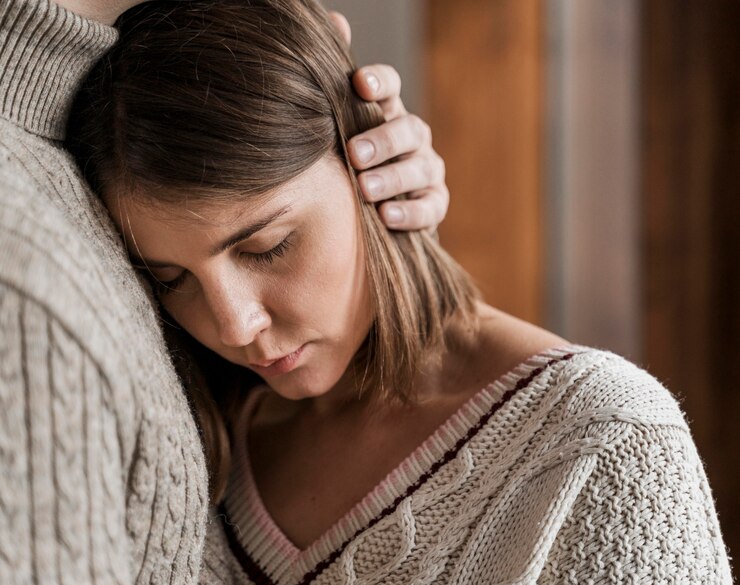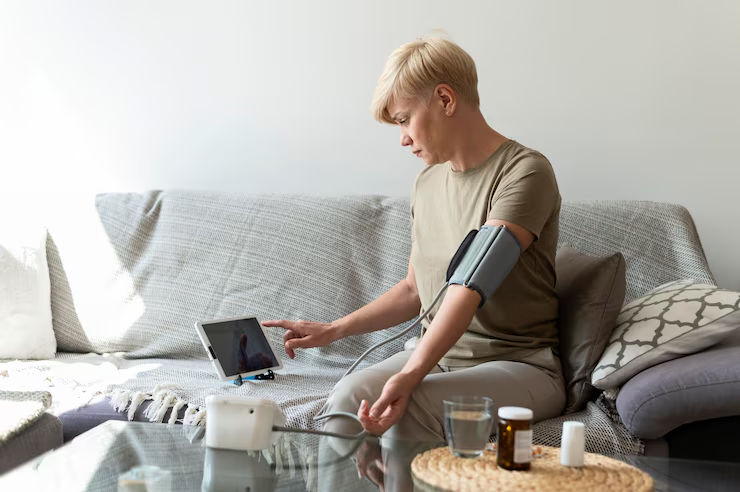Table of contents
Post-Traumatic Stress Disorder (PTSD) affects millions of people worldwide, impacting not just veterans but anyone who has experienced severe trauma. As individuals search for effective ways to manage symptoms, CBD (cannabidiol) has gained increasing attention. But what does the science say about the connection between CBD and PTSD?
This article delves deep into the emerging evidence, exploring how CBD may offer support for those living with PTSD. We’ll discuss how it works, review relevant studies, and provide answers to commonly asked questions.
What Is PTSD?

PTSD is a mental health condition triggered by experiencing or witnessing a traumatic event. Symptoms may include:
- Flashbacks and intrusive memories
- Nightmares and insomnia
- Emotional numbness
- Anxiety and irritability
- Difficulty concentrating
- Avoidance behaviors
While traditional treatments like therapy and medication can be effective, many individuals explore alternative solutions due to side effects or limited results—leading to growing interest in CBD and PTSD.
How CBD Interacts with the Brain

CBD is a non-psychoactive compound found in cannabis. It interacts with the endocannabinoid system (ECS), a regulatory network involved in mood, memory, stress response, and immune function.
CBD may influence serotonin receptors, particularly 5-HT1A, which play a role in mood regulation. Additionally, CBD may reduce overactivity in the amygdala—a brain region involved in fear and trauma responses. These interactions suggest that CBD could potentially mitigate PTSD symptoms, making the CBD and PTSD link scientifically plausible.
What Does the Research Say?

Although research is still in its early stages, several studies are beginning to validate the potential connection between CBD and PTSD:
1. Reduced PTSD Symptoms
A 2019 study published in the Journal of Alternative and Complementary Medicine followed 11 PTSD patients taking CBD alongside therapy. Ten of the 11 patients reported decreased symptoms.
2. Improved Sleep and Reduction in Nightmares
Poor sleep and recurring nightmares are hallmark symptoms of PTSD. In a case study of a child with PTSD, CBD led to reduced anxiety and better sleep over five months, according to a 2016 publication in The Permanente Journal.
3. CBD and Extinction Learning
Animal studies show that CBD may enhance “extinction learning”—the process of dissociating triggers from trauma. This effect may help PTSD patients unlearn the intense fear associated with certain memories.
4. Anxiolytic Properties
Numerous studies support CBD’s anti-anxiety effects, which are particularly beneficial for those with PTSD-related social anxiety or hyperarousal symptoms.
Ways People Use CBD for PTSD
There is no one-size-fits-all method, but common forms include:
- CBD Oil and Tinctures: For fast-acting, customizable dosing.
- CBD Capsules: Easy to track and integrate into a daily routine.
- Edibles (like gummies): Slower release, but convenient and discreet.
- CBD Vapes: Rapid onset, although not ideal for everyone.
- Topical Creams: Less relevant for PTSD but sometimes used for related tension and body pain.
People generally start with 10–25 mg of CBD daily and adjust based on their experience. For PTSD, consistent use and tracking symptoms is key.
Is CBD Safe for PTSD?
CBD is generally considered safe, with few reported side effects. However, potential mild effects can include drowsiness, dry mouth, or changes in appetite. Importantly, those on medications—especially psychiatric drugs—should consult their doctor before using CBD to avoid interactions.
FAQs about CBD and PTSD
CBD should not be viewed as a replacement but as a complementary approach. Always consult your healthcare provider before making any changes.
Some people notice changes within days, while others may need several weeks of consistent use to observe improvements.
Full-spectrum CBD contains other beneficial cannabinoids and terpenes that may enhance effects through the “entourage effect.” Many people with PTSD find it more effective.
Yes. CBD has been shown to improve sleep quality and reduce nightmares in people with PTSD.
In many countries and U.S. states, CBD derived from hemp is legal. However, laws vary, so always check local regulations.
Final Thoughts on CBD and PTSD
The connection between CBD and PTSD is backed by promising early research and growing anecdotal evidence. While CBD is not a cure, it may serve as a valuable tool in managing PTSD symptoms—especially when integrated into a broader treatment plan that includes therapy and professional guidance.
As awareness grows and research expands, we’re likely to see even more validation of CBD’s role in mental health care. If you or someone you know is struggling with PTSD, exploring CBD under medical supervision could offer a new path to relief and resilience.





